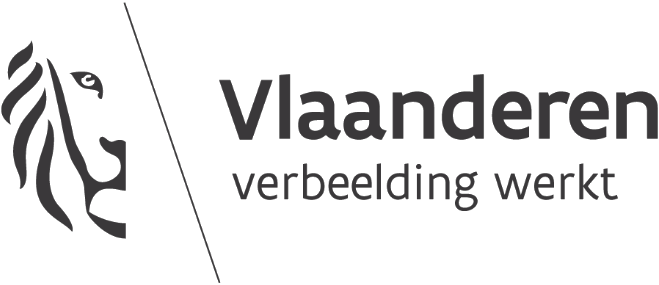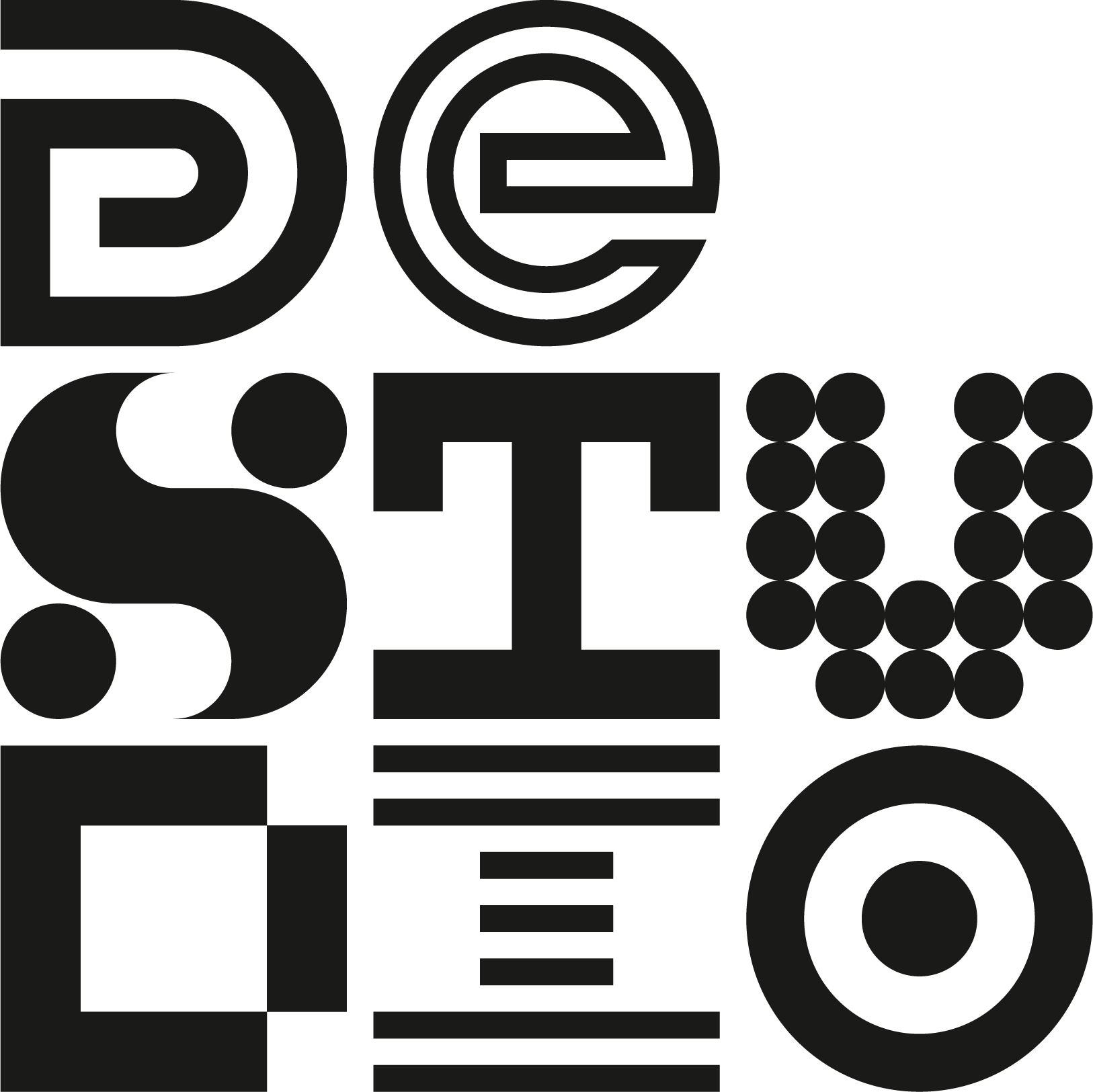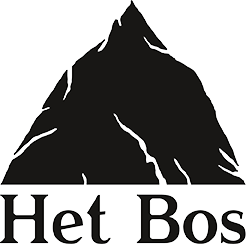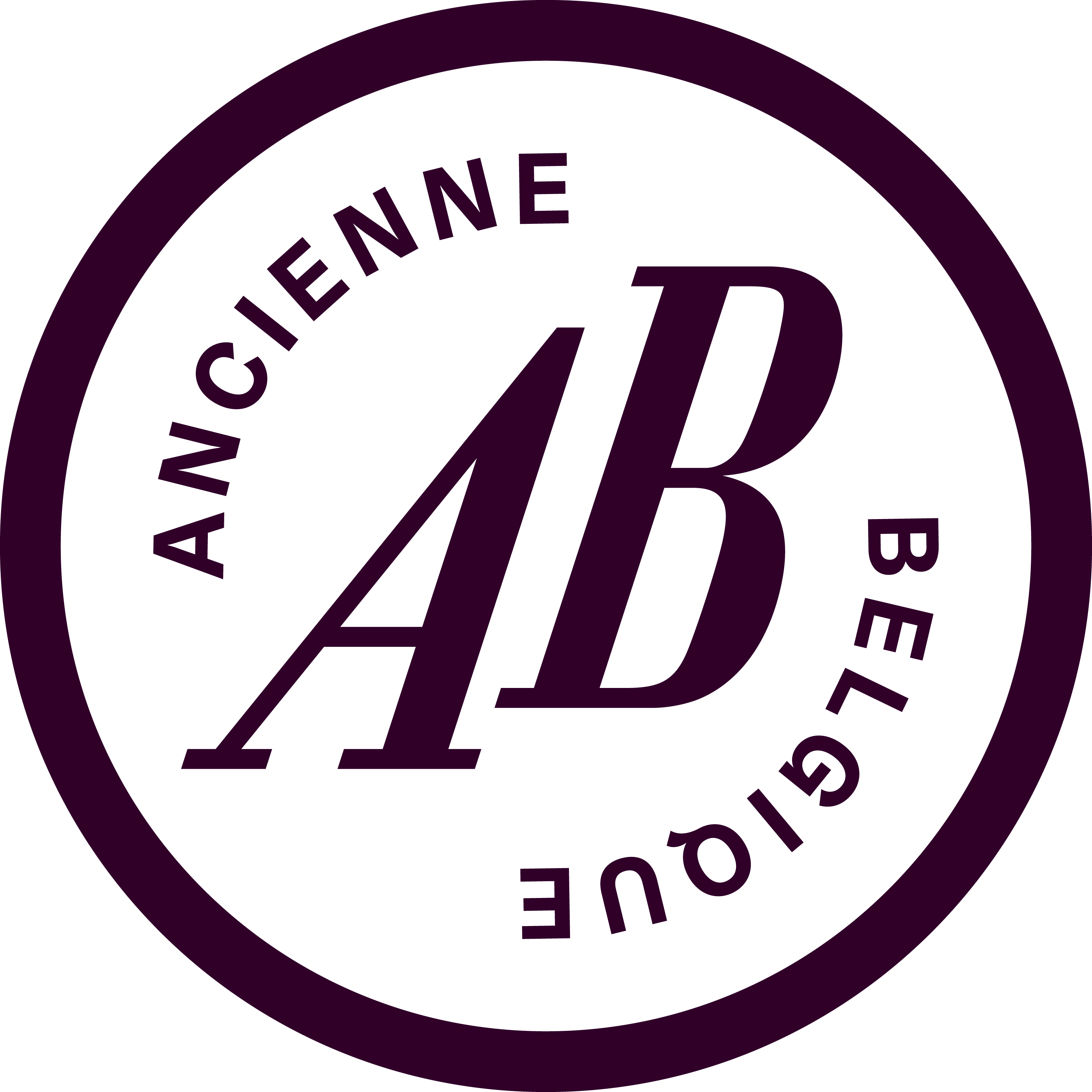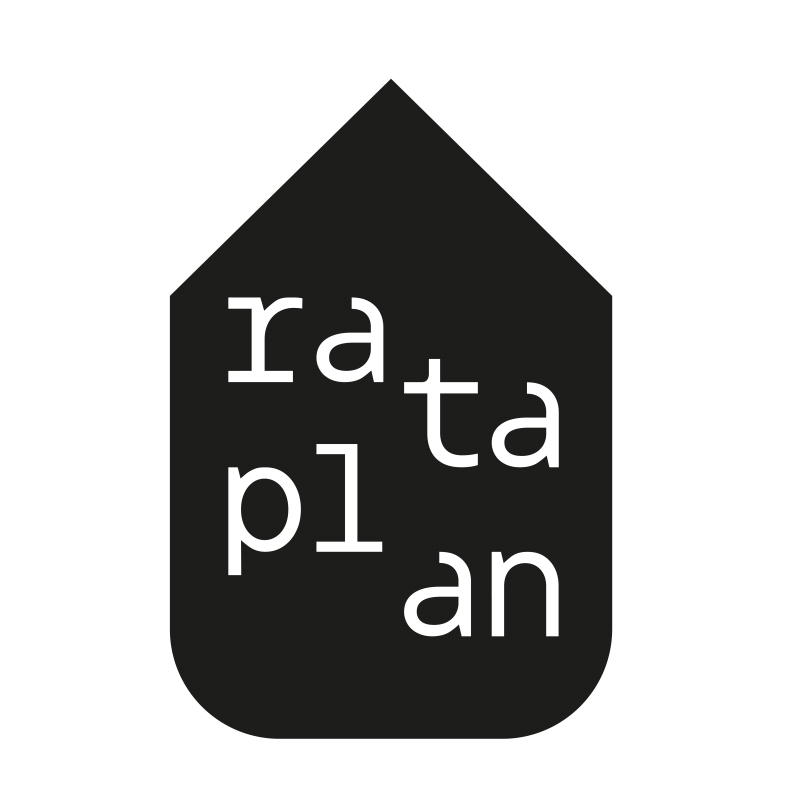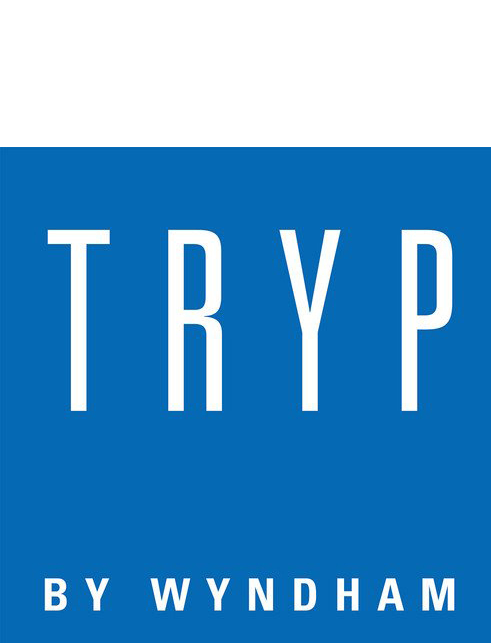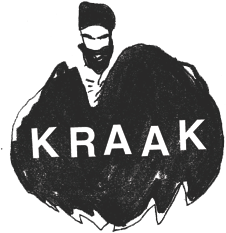HEAD to HEAD
Amalie Dahl
‘Head to Head’ is a series of interviews by Sound in Motion’s Joachim Ceulemans, talking in depth with artists appearing in the Oorstof concert series, the Visitations residencies, the Summer Bummer Festival or who have a release on the Dropa Disc label. These interviews will be used to promote the upcoming events and releases and who knows, maybe they will end up bundled and printed one day.
Danish, Oslo-based alto saxophonist Amalie Dahl is a relatively new face on stages in and around Europe. Last year, she made her Belgian debut in the Oorstof series at les ateliers claus in Brussels, where she played a stunning set with her trio members Henrik Sandstad Dalen (double bass) and Jomar Jeppsson Søvik (drums). The live recording of that concert was recently released on Nice Things Records. She returned soon after that for a solo performance at Ancienne Belgique and a short duo with fellow saxophonist Ornella Noulet. At the beginning of May Sound in Motion/Oorstof invited Dahl again for a 4 day run where she will present her quintet Dafnie for the first time in Belgium and Holland with shows at klankhaven/Rataplan, KAAP, OCCII and Paviljoen Ongehoorde Muziek. These concerts are part of the release tour for the second Dafnie album Står op med solen, that is officially out on both Aguirre and Sonic Transmissions Records.
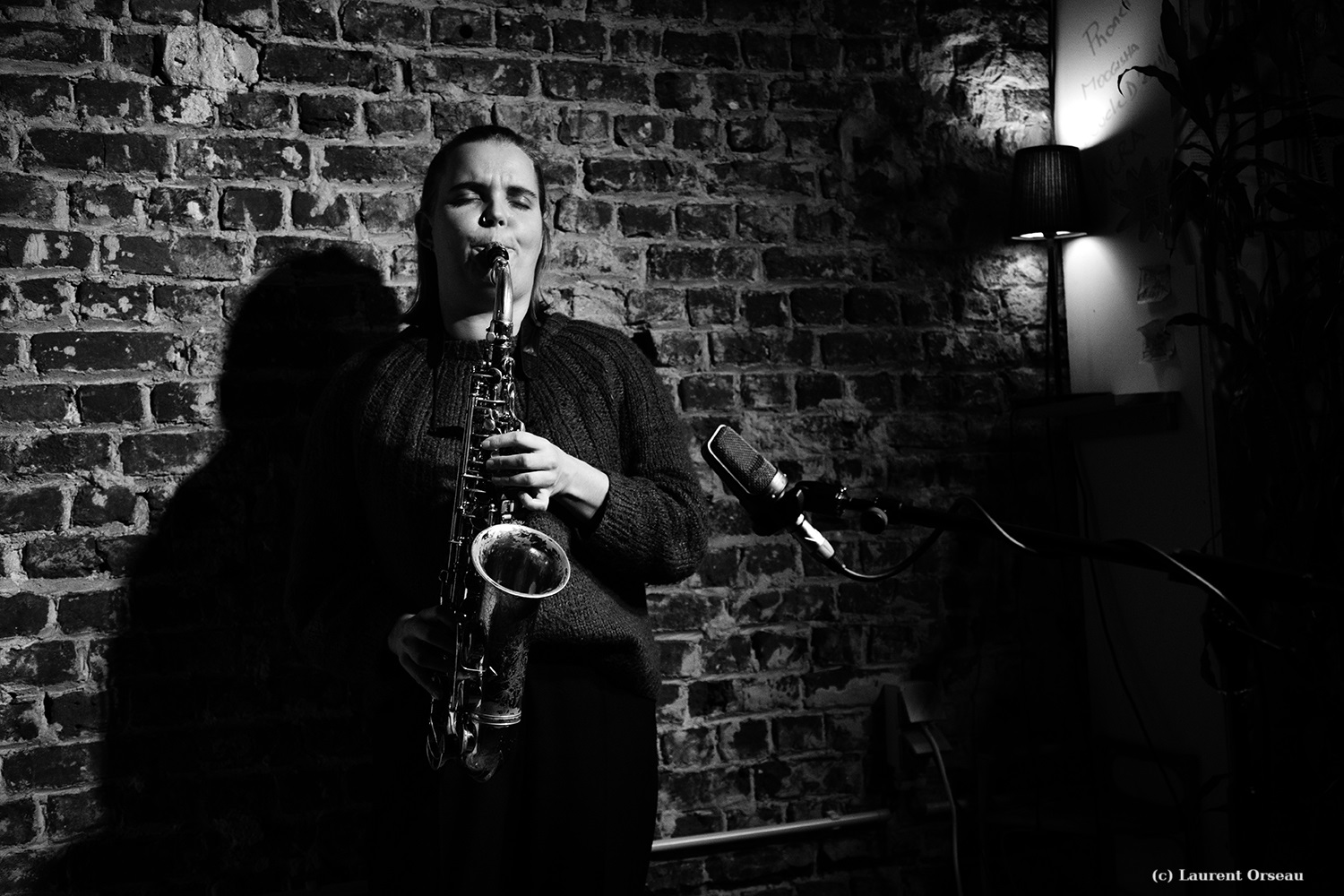
I noticed you’re travelling and playing a lot these days. Are you at home right now?
Yes, it’s been an intense period. I was recently in Bergen for ALT, a project Signe Emmeluth initiated for nine alto saxophone players and then I spent some time in Berlin and played a few concerts there. Tonight I will play solo here in Oslo at the Blow Out festival. Then I have some days off so I will visit my parents in Denmark.
You’re Danish but you studied in Trondheim. What was your motivation for studying in Norway?
Before I moved to Norway, I studied in Sweden at Fridhems Folkhögskola, a pre-conservatory sort of school. And actually that was meant as a gap year, since I wanted to go and study science after that. But then it became two years at Fridhem and after that I applied for several conservatories and ended up in Trondheim.
I was wondering if there was a specific reason for improvising musicians to study in Norway. Signe Emmeluth a.o. , who is also Danish and living in Oslo, has a similar trajectory.
I think that’s just a coincidence. Although she also went to study in Sweden (Skurups Folkhögskola) at first. I haven’t really spoken to her about it. There are parallels, but it’s surely because the schools in Sweden and Jazzlinja at NTNU (Norwegian University of Science and Technology) have good reputations.
What made you change course and go all in for music studies?
Suddenly I was in some kind of loop, a dynamic. It all seemed like a great adventure. I was so fascinated with the music culture and the concerts happening in Trondheim. It’s very nice to be a music student there because everyone’s involved in the scene and the city is quite compact. So music eventually took over. Playing, travelling and meeting new people is all super exciting. There’s still so much to explore and I feel the urge to keep going!
Did you grow up around music? Or was music in some way a part of your life when you were little?
Kind of. My father is a chemist and my mother a biologist and I grew up in the countryside with three siblings. We did music school and the more we started playing, the more we got involved in music. My parents started to sing in a choir and they all rehearsed at our place. Every Wednesday I would go to sleep listening to choir music. When I went to highschool I spent every afternoon at the music school, but I never thought about being a professional musician. Same for my brother, who is now an organ player active in classical music and folk.
Was there any free jazz or avant-garde type music around then? Or when did you connect with that?
I think it started in Trondheim and maybe the first small steps were taken in Sweden, when I was introduced to the music of Carla Bley and Thelonious Monk. I remember I played tunes from them there. In Trondheim it really started because I thought by myself “I’m here now so I have to focus on what’s going on in the city and learn everything there is to learn.” I quickly realized I felt more at home in that free space. When I think back now there’s a lot of things that make sense. I remember that before going to Sweden, I already liked the most weird chords and people would tell me that’s not a real chord, haha.
Can you remember specific moments, maybe concerts or records, that really affected you regarding this? You already mentioned Monk and Carla Bley.
Yeah that’s true. But that was mostly just a tune here and there. Ornette Coleman changed a lot for me. His music has this very open space but there are still melodies. It’s a very smooth way into some more weird stuff. Going to live concerts in Trondheim had a big impact as well. Experiencing free improvisation live was like the main thing because there was something about the energy and communication. It’s hard to name anything specific. I just had a period where I went to a lot of concerts, just taking it all in.
You’re 28 and probably the youngest musician I have interviewed so I wanted to ask about where you and your friends find the music you like? Where do you look for it? I’m in my forties, so I come from an era when radio, magazines, record stores etc. where very important in all that.
I think we are very affected by Spotify and streaming culture. Of course, me and most other young musicians I know are aware that this model is not good for us. I really like vinyl and I have started a modest collection, because I like listening to music that way. It’s a different kind of focus: you have to turn it, you have the artwork, etc. Of course it’s very convenient to listen online, especially when you travel.
You will release a second album with your quintet Dafnie in a few weeks. I hear some very diverse influences already from the very first track, where it sounds as if a baroque fanfare dissolves in some Ornette Coleman free jazz clatter.
It’s interesting to hear how you describe it. I wrote the music in November and December of 2022 so it’s already a long time ago. I remember I wanted the album to be more like one piece, and got the idea of binding it together with these three parts, that in the beginning I called chorals – now named Står op med solen I, II and III. I wanted them to be like a red thread, or three intermezzos, like a resting point or something to hold on to. That was the idea in the beginning. Still they are different from each other. The first one had the title Friction before. The second one Vaccum (the one with the wind sounds), and the third one Explosion – but the third one changed a bit in the studio. Before we had a trombone solo in the end, but it didn’t feel right in the studio. So now it more rounds off the piece – which I like! The diversity I hear is probably the result of all the stuff I like and that I know the band likes to play. The focus is mostly on finding new forms for the music, like not having the theme-solo-theme formula but starting of with a solo and then see what comes.
The track Weltschmerz, the more electronic sounding thing, is an expression of witnessing all the shit that is going on in the world these days. As a young person you think al lot about the future and climate change and the influence of artificial intelligence for instance. I was trying to express that fear of thoughts. But it’s not that I made the record with this diversity in mind.
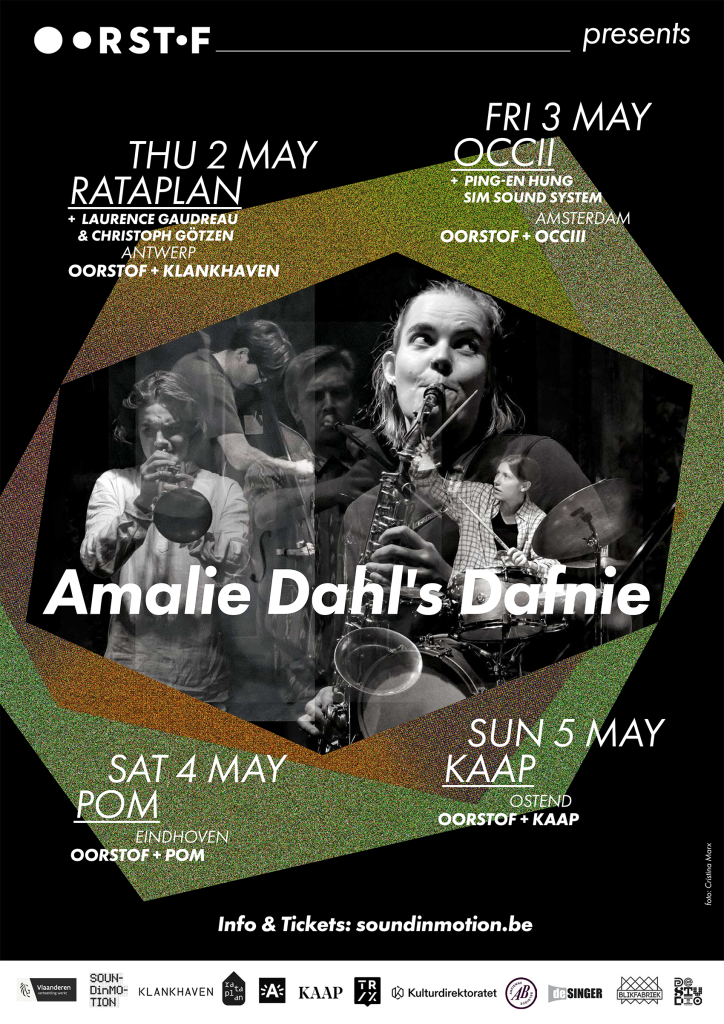
For some musicians, the music is considered a closed chapter once it is recorded. They move on with something new. Is that the case with Dafnie as well?
Oh no. The music has changed a lot since we played it for the first time and it changed again in the studio.It has become more organic and I want us to explore more how we can improvise with the composed material. But I also want to write a couple of new things before the tour starts. The plan for the tour is that we have a different setlist every night. We might even play some stuff from the first record as well.
Last year we invited you for a concert with your trio in Brussels, on a double bill with Arashi. If I compare that concert with the music of Dafnie, the latter is obviously more composition based.
Yes, Dafnie is the composition based band in a way. Although there’s also the band Superspreder and that’s even more composition. The trio is free. I have another trio with some people (Ginte Preisaite and Jan Philipp) I met in Copenhagen and that’s also free improvisation but more conceptual in a way. My solo performances are completely free. With the trio that played in Brussels we have talked about doing compositions but we ended up playing free because that’s what we like to do. Lately I have been thinking that maybe I should only play free improvised music. But then there’s also something about planning the music so you can push it even further. When you’re playing free it’s hard to tell other people what to do, but if you’re a composer you can push people in a certain direction. You can tell them what you would like to do, what you want to try and where you want to go in the music.
The literal translation of Står op med solen is “getting up with the sun”. Do you like to get up early?
I cannot say I like it, no (laughs). The album title is more a reference to us humans losing touch with nature. We do a lot of things that are bad for the planet, we’ve lost the connection.
The situation of the world is something you really seem concerned about. A few months prior to the release of the album, you raised money on Bandcamp for Doctors Without Borders with the track We don’t want your stupid war, a direct reference to the wars in the Ukraine and Gaza. Is it important for you to use your voice as an artist and do you think it’s something that people must do in general?
I just can’t help it. I can’t detach the art I make from my thoughts and my fears. It’s just how I feel about it. I don’t have a strong opinion about what other people should do. Besides, I’m just playing some weird music so I don’t know if it helps the cause in any way.
You’re creating awareness, letting people know you care. You’re taking a stand and you do what you can. I think that’s great.
I think the last part of what you said, just doing what you can, it’s fair to expect that from people.
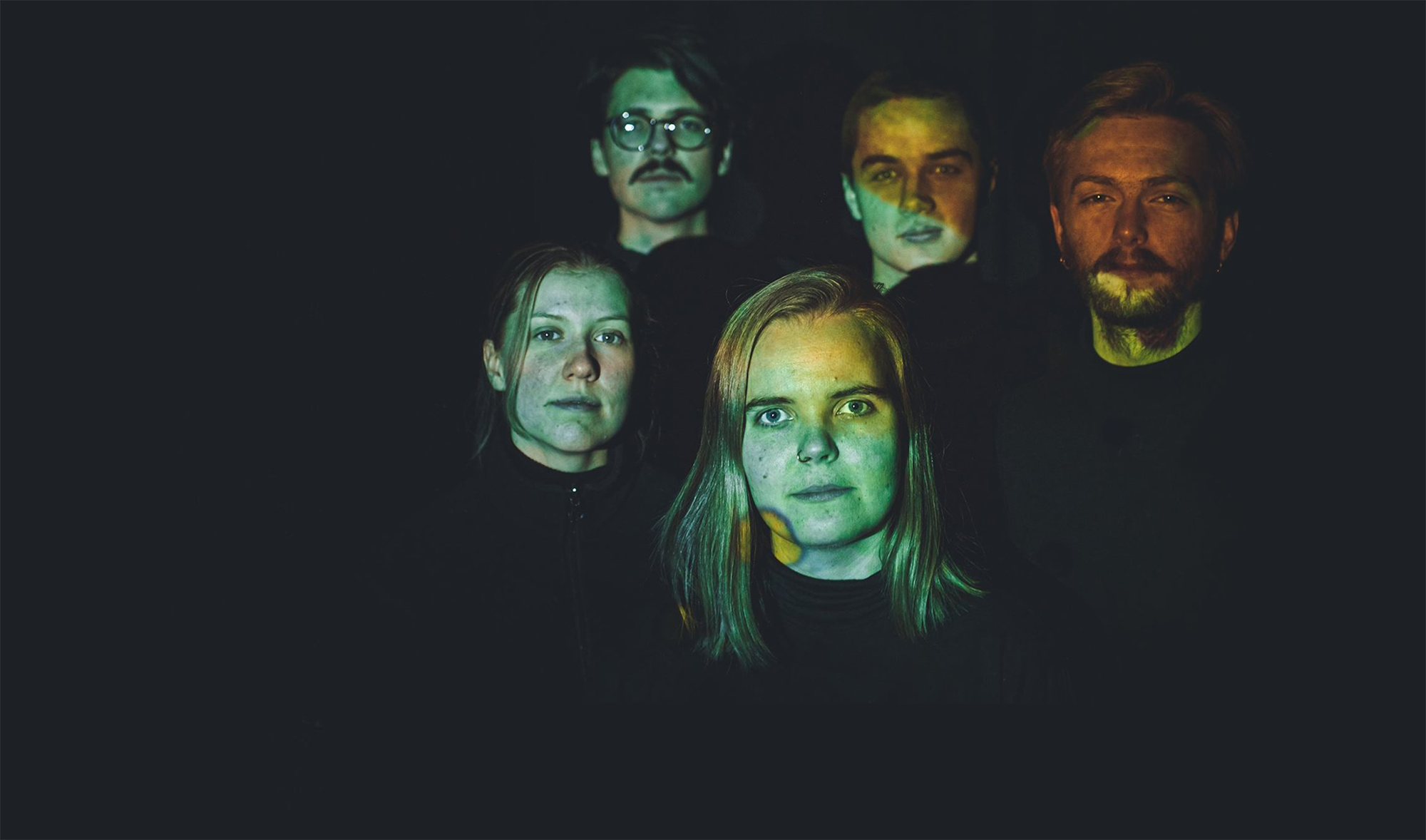
As a Dane, are you in any way connected to the music scene in Copenhagen or Denmark?
Not a lot, but I would like to sneak in more. I spent some time there this fall and met some people. It’s pretty hard to get paid gigs there. There are a few nice places but not enough and my impression is that the community is not that big. It’s mostly different collectives doing their thing.
For the concerts with Dafnie in Belgium and Holland coming up in May, you will stay at Dropa House. The last time you were here, the guestrooms, the music studio and all that were still under construction. But in a few weeks you will probably see it close to finished.
I’m really looking forward to all that! Also Koen and Christel from Sound in Motion have been very helpful and nice so I can’t wait to be there again.
What music have you been listening to lately?
Today, when I was cleaning the appartment, I listened to a Norwegian band called Pom Poko. They don’t play free jazz or anything like that, but I think it’s really nice. I also listened to Jonas Cambien’s album Maca Conu, with Signe Emmeluth, Ingebrigt Haker Flaten and Andreas Wildhagen. Great stuff!
What about books? Do you read often?
Well, I don’t know if that’s something to share because I just started a book called How to kill your family by Bella Mackie. I’m only in the first part of it but it’s very funny for now. I just saw it in a bookstore and bought it. I do that often, maybe it’s recommended or maybe I just want to try it for another reason.
The perfect way to discover new things!

